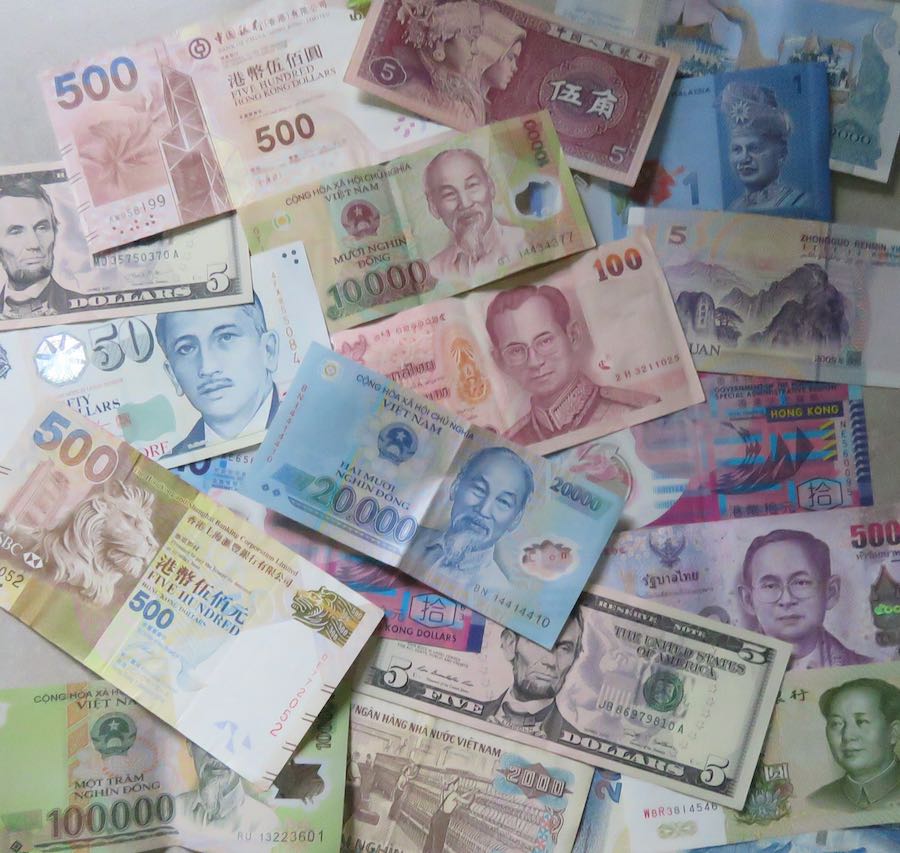Thanks to a new federal law in the USA, you can now get free credit freezes and year-long fraud alerts.
After delaying for many years finally the government has allowed consumers to freeze their credit via the large credit agencies. Millions of people a year have been victimized by the failure to regulate credit in the USA sensibly. The new rules are a long overdue improvement though they don’t go nearly far enough in protecting people’s private information from being collected and abused.
The new law has a long name – Economic Growth, Regulatory Relief, and Consumer Protection Act. Equifax, Experian and TransUnion have each been required to set up a webpage for requesting fraud alerts and credit freezes. The FTC frequently asked questions about credit freezes, with links to allow you to make your credit data more secure by initiating a credit freeze.

photo of the US Capital in Washington DC by John Hunter.
Free credit freezes
A credit freeze restricts access to your credit file, making it harder for identity thieves to open new accounts in your name. Usually you get a PIN to use each time you want to freeze and unfreeze your account to apply for new credit.
What’s new? Currently, credit freezes may involve fees, based on state law. Now it will be free to freeze and unfreeze your credit file throughout the country.
Don’t forget to freeze credit files on your kids as the credit agencies have been collecting this information which has then been used by criminals to commit fraud.
Related: Protecting Your Privacy and Financial Security – Protect Yourself from Credit Card Fraud – Improvements to Credit Collection Requirements Have Had a Positive Impact – Truly Free Credit Report – The Continued Failure of the USA Health Care System and Our Politicians – Making Credit Cards More Secure and Useful (2014)




